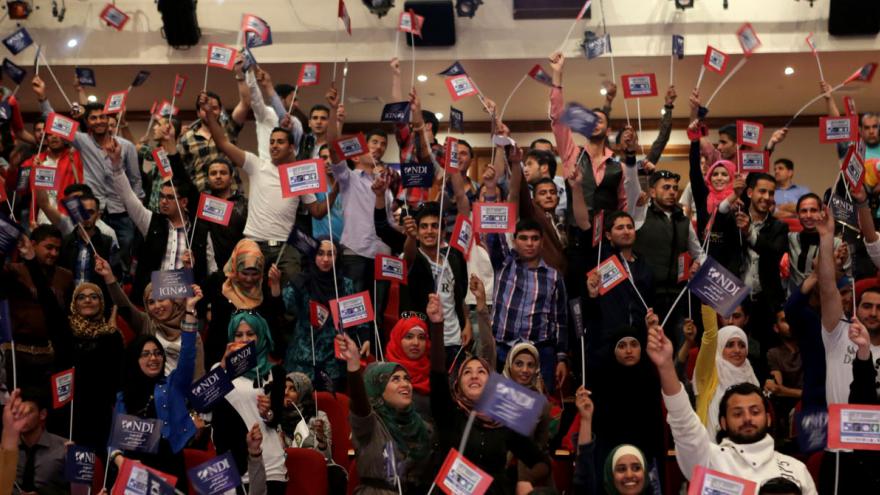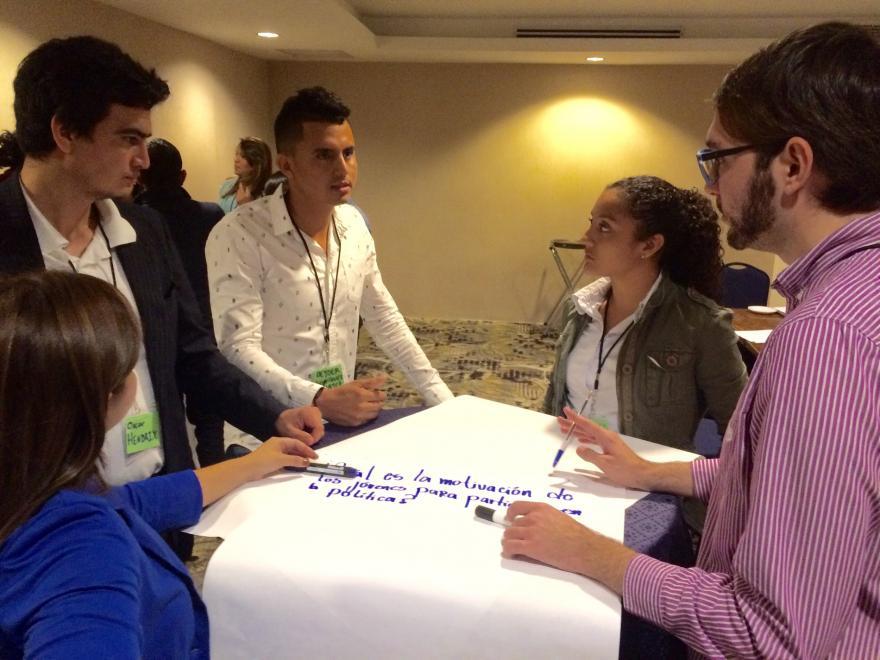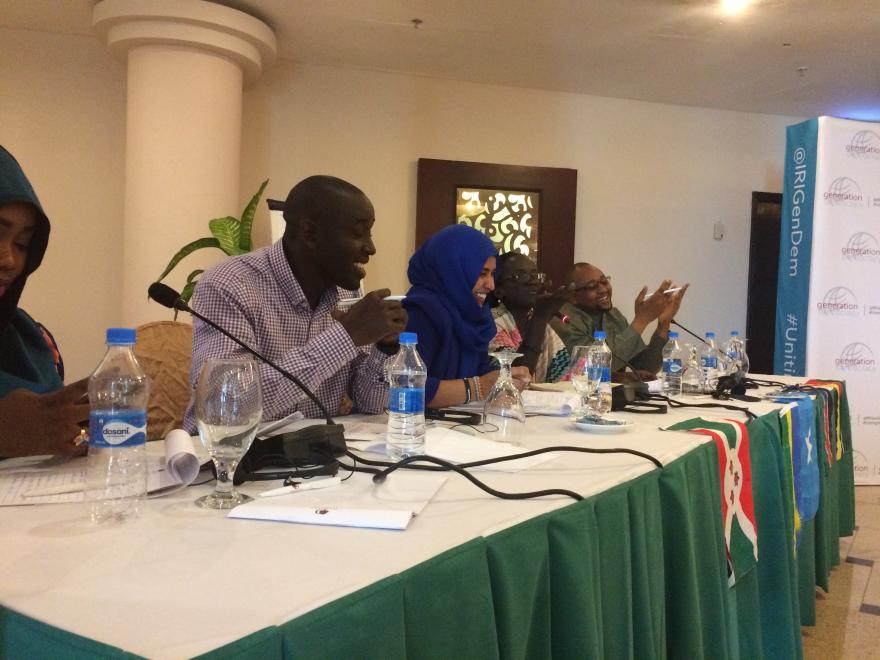
NDI has been active in supporting youth political participation for more than 30 years across 70 countries through assistance to civic groups, political parties, and legislatures. During that time, global demographic shifts, the spread of technology and new media, violent conflicts, and other dynamics have generated new challenges and opportunities for today’s young people, who make up more than half of the world’s population. These changes have affected the way that youth communicate with and relate to others, how they perceive and engage with their governments, and how they organize themselves to shape the world around them.


With financial support from the National Endowment for Democracy (NED), NDI completed a study of youth participation programs and trends in youth political activism and leadership to guide future program decisions. The study involved a review of contemporary youth development literature produced by policy makers, practitioners, and academics, taking stock of NDI’s first-hand experience working with youth, and workshopping theories of change with other democracy and governance practitioners. NDI also spoke directly with young political leaders and activists about the challenges and opportunities they face and the assistance they need. This included discussions at a NED-hosted gathering in Tanzania with more than 60 young, politically active women and men from across Africa, as well as an NDI-hosted workshop in Guatemala with 12 young Latin Americans from six countries.
As a result of the study, NDI developed this resource to offer guidance on how to assist young women and men in becoming more politically organized and active. The resource is divided into four main sections. The Context of Youth Development and Political Participation section includes information on the imperative of youth development and participation, contemporary patterns of youth political activism, and how “youth” can be defined. The Unified Theory of Change for Youth Political Participation Programs section introduces and unpacks a unified theory of change for how youth political participation can be strengthened. The Lessons for Structuring Youth Political Participation Programs section lays out guidance for planning and implementing programs that build youth agency and an enabling environment for youth participation, reflecting the unified theory. The Lessons from the Field section features reviews of NDI youth programs in Kosovo and Jordan, describing how they have contributed to the different elements of the unified theory of change. Finally, the site includes information on the Change My Community tool box, which provides practical guidance for young people to lead local-level advocacy campaigns.
